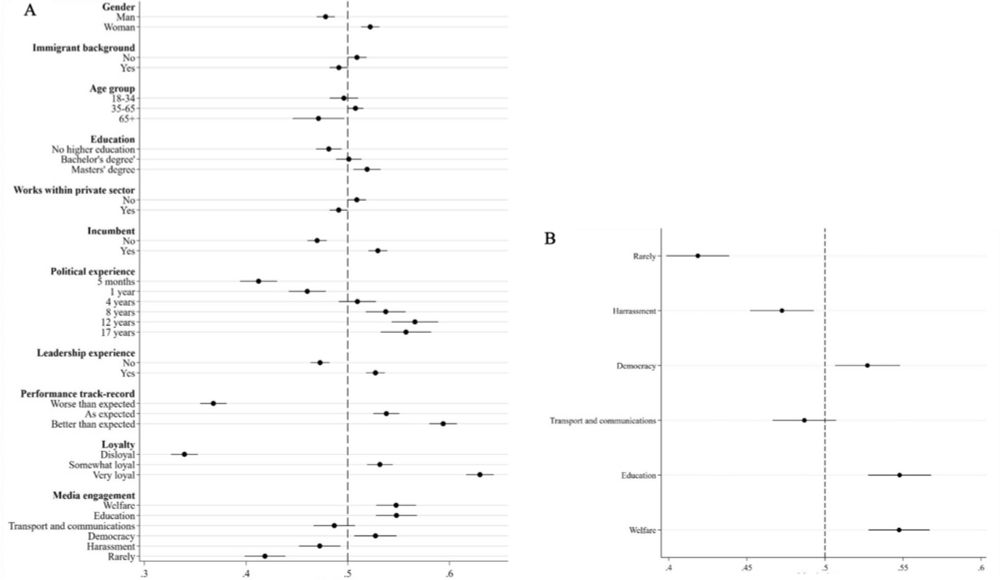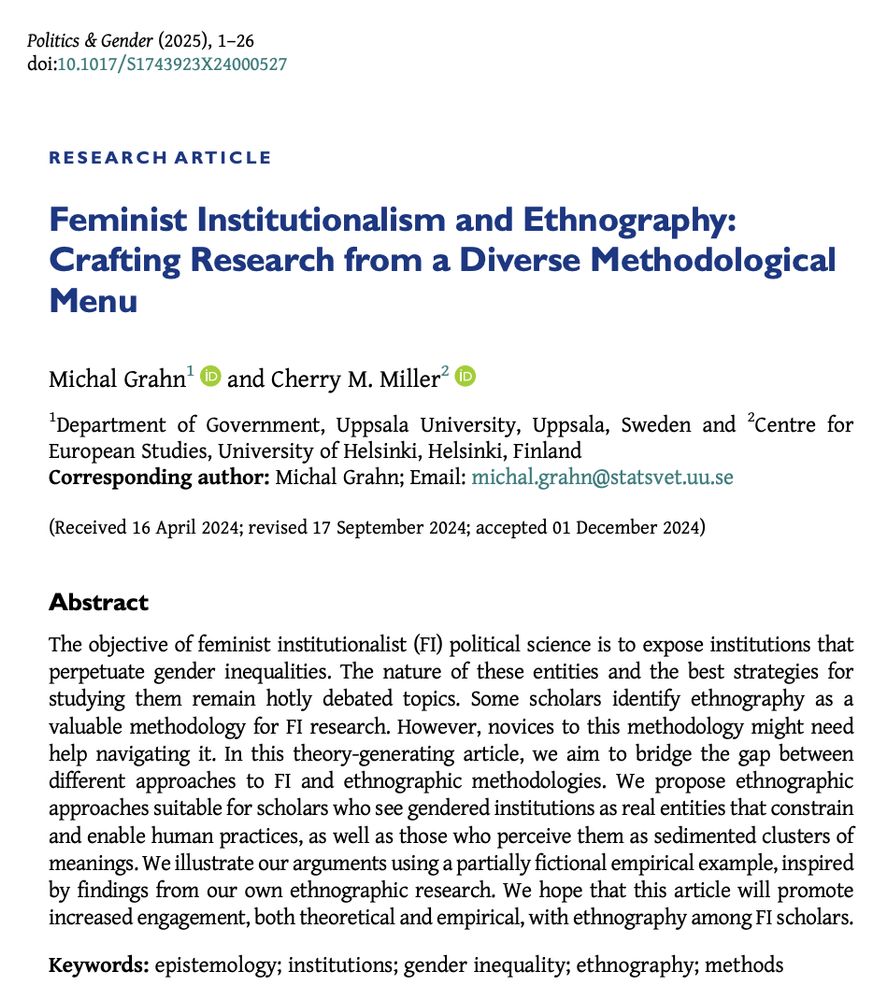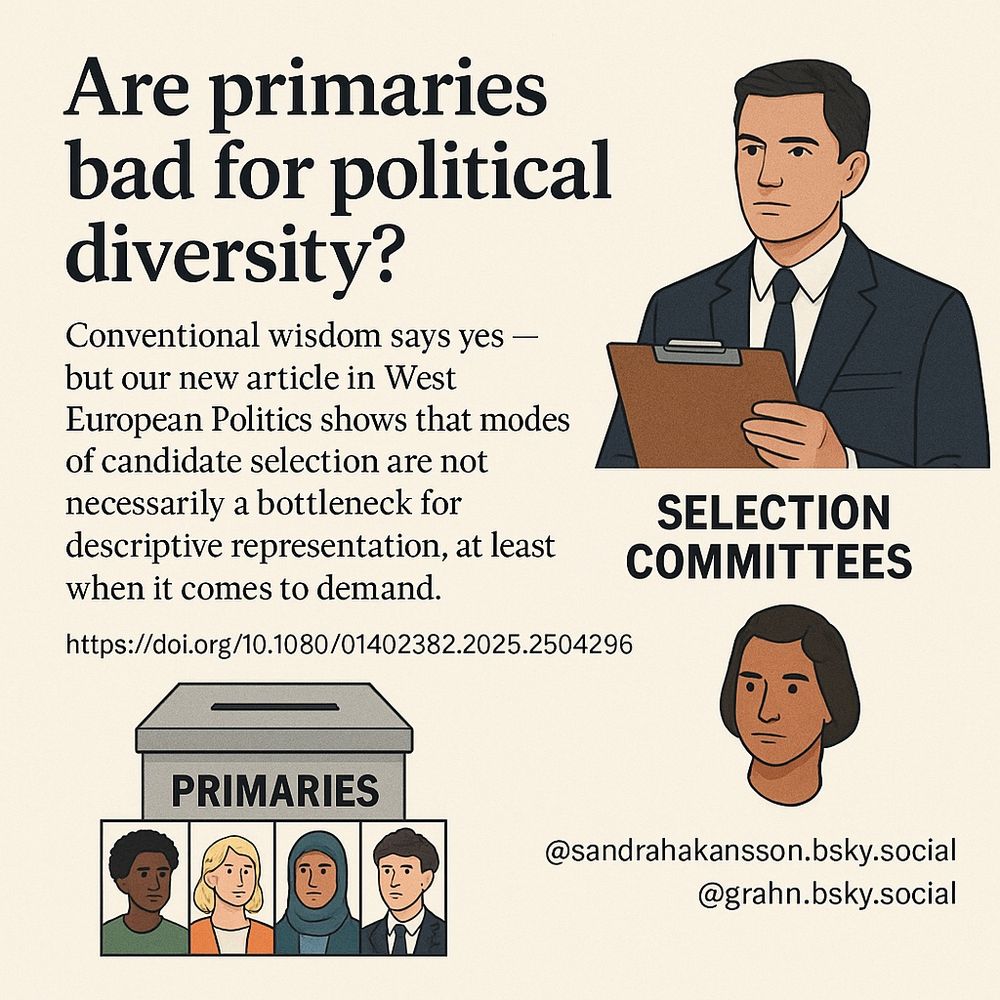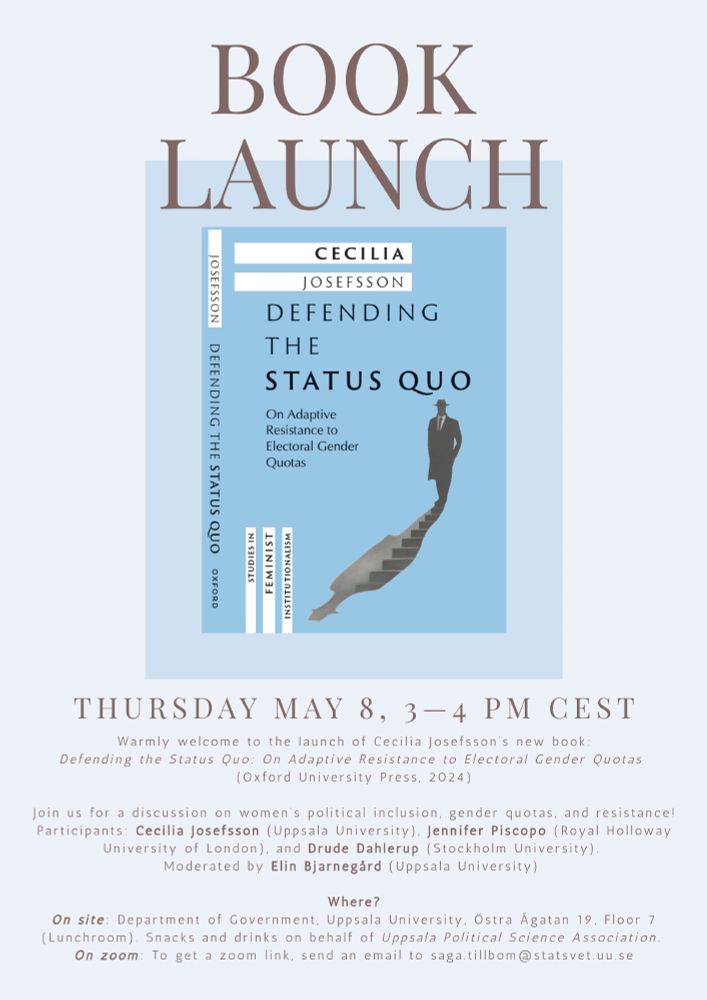UPPGAP - Uppsala Gender and Politics
@uppgap.bsky.social
140 followers
53 following
9 posts
The Uppsala Gender and Politics Seminar (UPPGAP) is based at the Department of Government at Uppsala University, Sweden. www.uu.se/uppgap
Posts
Media
Videos
Starter Packs
Pinned
Reposted by UPPGAP - Uppsala Gender and Politics
Reposted by UPPGAP - Uppsala Gender and Politics
Reposted by UPPGAP - Uppsala Gender and Politics
Reposted by UPPGAP - Uppsala Gender and Politics
Reposted by UPPGAP - Uppsala Gender and Politics
Reposted by UPPGAP - Uppsala Gender and Politics
Reposted by UPPGAP - Uppsala Gender and Politics
Reposted by UPPGAP - Uppsala Gender and Politics
Reposted by UPPGAP - Uppsala Gender and Politics
Reposted by UPPGAP - Uppsala Gender and Politics
Reposted by UPPGAP - Uppsala Gender and Politics
Reposted by UPPGAP - Uppsala Gender and Politics
Reposted by UPPGAP - Uppsala Gender and Politics
Reposted by UPPGAP - Uppsala Gender and Politics
Michal Grahn
@grahn.bsky.social
· Apr 10

The Cost of Debating Harassment Against Politicians: Are Women and Men Affected Equally? - Political Behavior
Harassment of politicians is a growing global phenomenon, which threatens to erode the quality of democracy and descriptive representation. Past research has examined gender patterns of this violence ...
link.springer.com
Reposted by UPPGAP - Uppsala Gender and Politics
Reposted by UPPGAP - Uppsala Gender and Politics
Reposted by UPPGAP - Uppsala Gender and Politics
Reposted by UPPGAP - Uppsala Gender and Politics

























